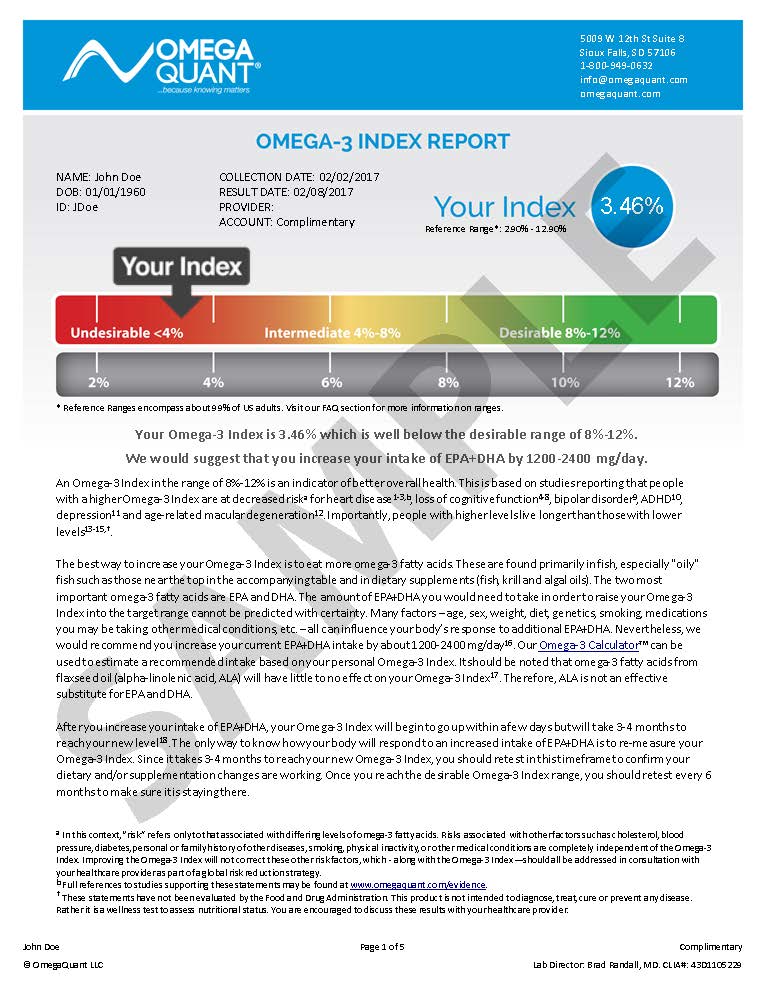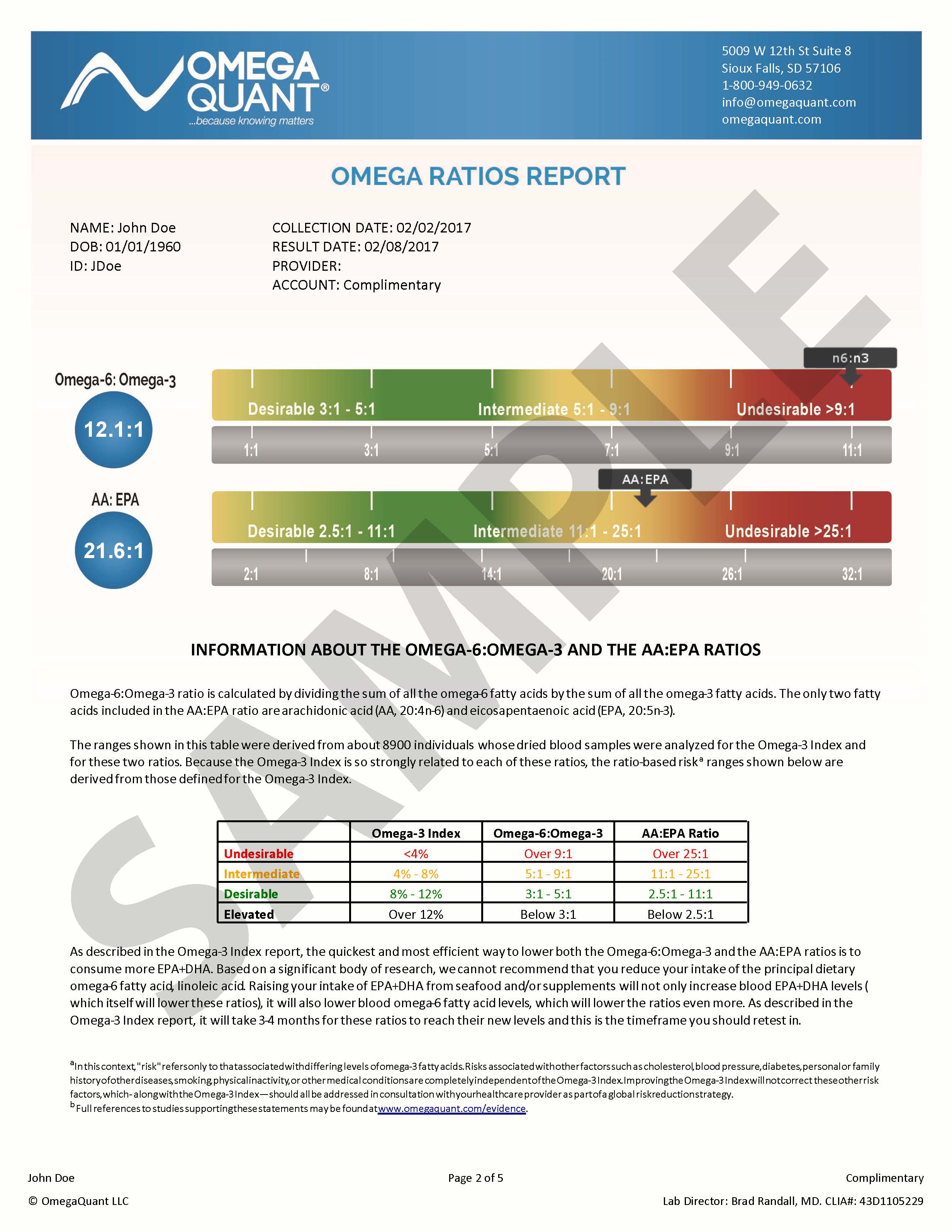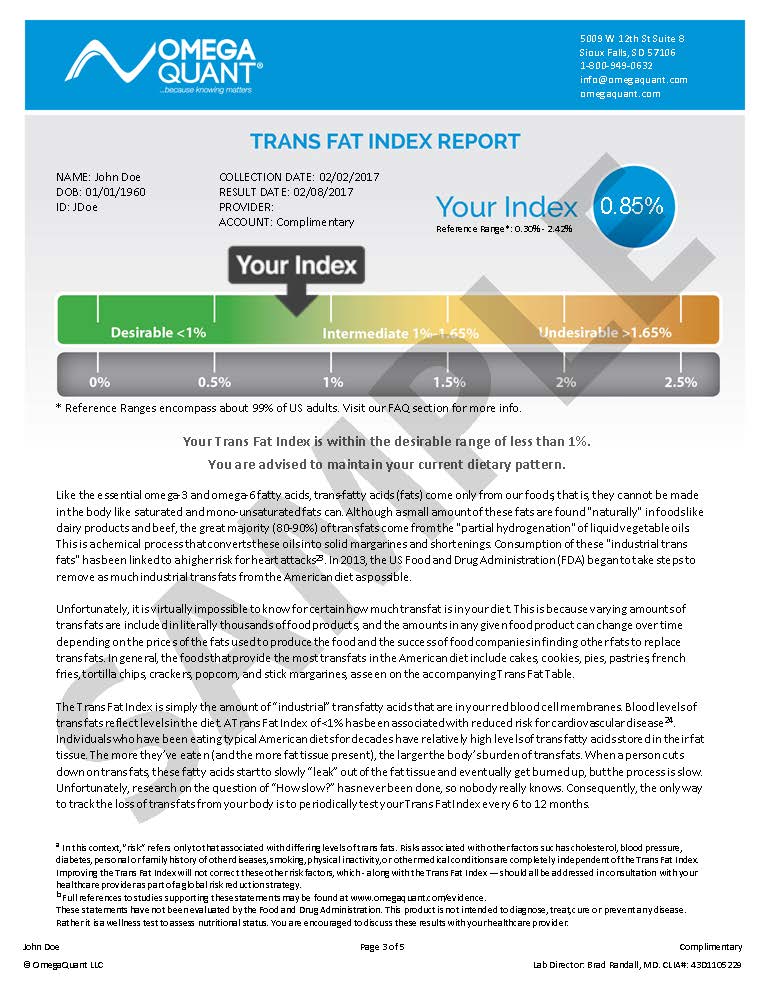Don't be scared of these fats - Omega 3’s are your friend, and have a vital role to play in your body!
Omega-3's are known as ‘essential fatty acids’ - meaning that we can't manufacture them within our body, and as such need to obtain them from the food that we eat. The most well-known Omega-3’s have the tongue-twisting names of eicosapentaenoic acid (EPA) and docosahexaenoic acid (DHA), which are predominantly found in oily fish. This is thought to explain why certain populations such as the Eskimos and the Japanese (who tend to have a high fish intake and high levels of Omega 3’s in their body) tend to experience far lower rates of chronic health issues that are common in Western societies such as heart disease. Omega 3's also feature front and centre in the Mediterranean Diet, the most oft-recommended diet for overall health and longevity.
Unfortunately, here in Australia studies have shown that most of us (around 80%) do not get enough Omega’-3’s either through our food or via supplementation. On average, our red blood cells (where our omega-3 levels can be assessed) contain around 4-6% of these beneficial fats - far short of the recommended target of 8-12%.
Studies have shown that Omega-3’s are good for our bodies, by:
- Helping us form healthy cell membranes – which we need for our cells to work effectively to maintain fluid balance and allow beneficial compounds such as oxygen and nutrients into the cells, and wastes out.
- Being good for our heart and blood vessels, including playing a role in cholesterol levels and blood pressure. People with higher Omega-3 levels have been shown to have lower risk of heart disease.
- Contributing to healthier brain function (right from the time we are a fetus through to maintaining cognitive function in our older years) and mental health. Higher Omega-3’s have also been shown to have a beneficial effect on depression, bipolar disorder and ADHD.
- Playing a role in maintaining eye health – having higher levels of omega-3’s has been shown to be related to better vision development and a lower rate of macular degeneration.
- Helping to reduce pain and inflammation in the body – and as such can be invaluable for supportive treatment of health conditions such as arthritis, allergies, eczema and period pain.
- Slowing the ageing process, and people with higher Omega-3 levels have a higher life expectancy than those with low levels.
So it goes without saying that we want to make sure that we are getting enough of these beneficial fats. However, how do you know if your intake is where it needs to be for optimal health?
Now we can quickly and easily test your body’s levels of Omega 3’s, with the Omega 3 Index Test.
- Your body’s level of Omega 3’s that are forming part of your red blood cell membranes – and because our red blood cells live for around 120 days, this provides us with an accurate insight into your intake of Omega-3's over the past 4-6 months. This also gives us an established baseline from which we can calculate the optimal dose of Omega 3’s for your particular needs.
- Levels of unhealthy trans fats, such as those found in biscuits, cakes, pastries, fried foods and margarine. These can damage your cell membranes and contribute to poor health and an increased risk of cardiovascular issues.
- The ratio of Omega-6 to Omega-3 (which can play a role in driving many common health conditions if it is out of whack).



Interested in finding out what YOUR Omega-3 levels may be?
Simply ask your practitioner about the Omega-3 Index test during your appointment, or get in touch via our 'contact' page.
The test can be performed in the comfort of your own home, in less than 10 minutes.
